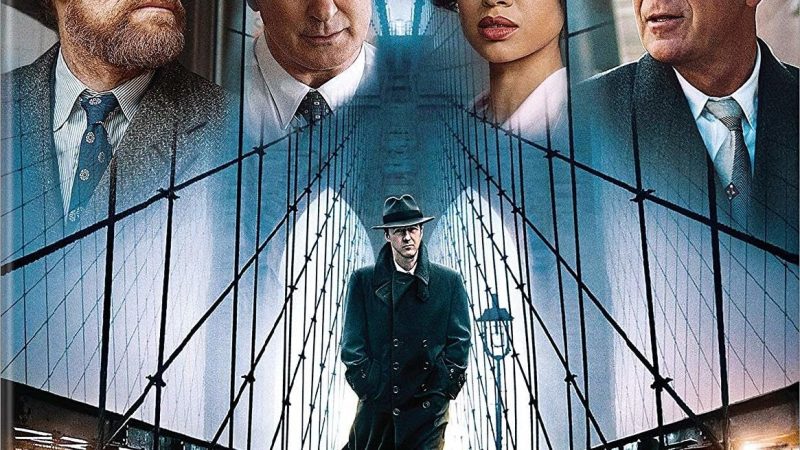📚 THE BOOK THIEF (2013) – WHEN WORDS BECOME THE LANGUAGE OF LOVE AND HOPE
Some films aren’t merely watched – they are felt, absorbed, and remembered. The Book Thief is one of those rare films – a somber melody that somehow echoes with hope. Set amidst the grey ashes of wartime Germany, this story follows a girl with bright eyes who learns to read – not only books, but sorrow, compassion, and the fragile pulse of humanity.

🕊 From an Orphaned Child to a Keeper of Beautiful Things
Liesel Meminger – a blonde-haired girl burdened with more grief than any child should bear. Her mother disappeared, her younger brother died en route to a foster home, and she was left in the care of strangers in a small town under Nazi rule. In her silent, wounded gaze lies a deep question: Why is the world so cruel to the gentle-hearted?
Then one day, Liesel finds something precious – a book left behind at her brother’s grave. That becomes the beginning of an unlikely journey – a journey of “stealing” knowledge in a world where words are burned. Guided by her gentle foster father Hans, and later joined by Max – a Jewish man hiding in their basement – Liesel slowly becomes the storyteller for those who have no voice.

🔥 When the World Burns Books, a Little Girl Gathers the Flames
History has shown that words can be feared by tyrants. Under Nazi rule, books were destroyed, banned, erased. But for Liesel, books were the opposite – they were life. She stole them not to destroy, but to preserve. Not to defy one man, but to resist silence, apathy, and the extinction of beauty.
In the dark of the basement, where Max hides from the clutches of death, Liesel reads to him. Her voice, still trembling, becomes warmth – a flicker of light in a cold and crumbling world. Every word she utters is not just a sound, but a lifeline – a quiet revolution of compassion.
And Max – fragile and hunted – teaches her something timeless: “Words are life. They can save. And they can destroy.”

🎭 Faces That Carry History
The emotional power of The Book Thief is amplified by its performances. Sophie Nélisse as Liesel doesn’t need elaborate lines – her eyes alone convey a soul in storm. Geoffrey Rush as Hans brings a tenderness so steady, it feels like a shelter in the midst of war. And Emily Watson’s Rosa, outwardly harsh and bristling, hides a well of fierce maternal love underneath her scolding exterior.
Each character feels like a soul – torn by history, held together by love.

💔 Even Death Pauses to Listen
One of the most distinctive elements of The Book Thief is its narrator: Death. But not the terrifying figure we imagine – rather, a weary, poetic presence, full of observations and reluctant sorrow. In a world teetering on the edge of ruin, even Death grows tired of collecting souls. And only Liesel’s story makes it pause.
Perhaps that is the quiet miracle of the film: that even Death can be moved by the tenderness of human hearts, the resilience of kindness, and the endurance of storytelling.

✨ A Love Letter Written in Ink, Blood, and Tears
The Book Thief doesn’t shout. It doesn’t need explosions or action sequences to break your heart. It whispers – like a forgotten poem drifting through a noisy world. And in its softness lies its strength. It seeps in, stirs reflection, and leaves a subtle ache long after the credits roll.
In a time where shouting often overpowers listening, The Book Thief reminds us: the most important voices are sometimes the quietest – and even a single story, lovingly told, can save someone from vanishing into the dark.

🎞️ The Book Thief is a gentle symphony played in the darkest century. It is humanity’s whisper: that no matter how loud evil may roar, there will always be a child, somewhere, reading quietly in a basement – and through her, the world does not collapse completely.
Here is the official trailer for The Book Thief – a cinematic glimpse into a world of pages, where emotions, memories, and the will to live intertwine amidst the smoke of war.




